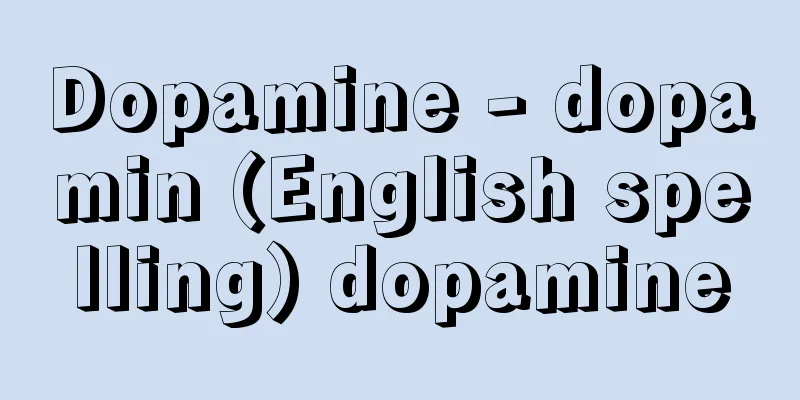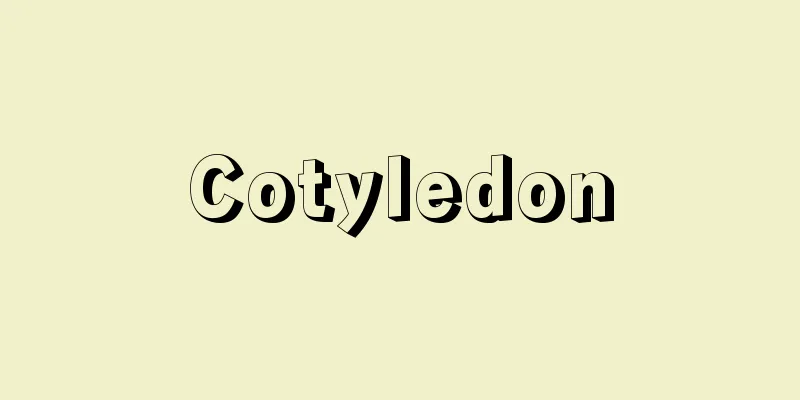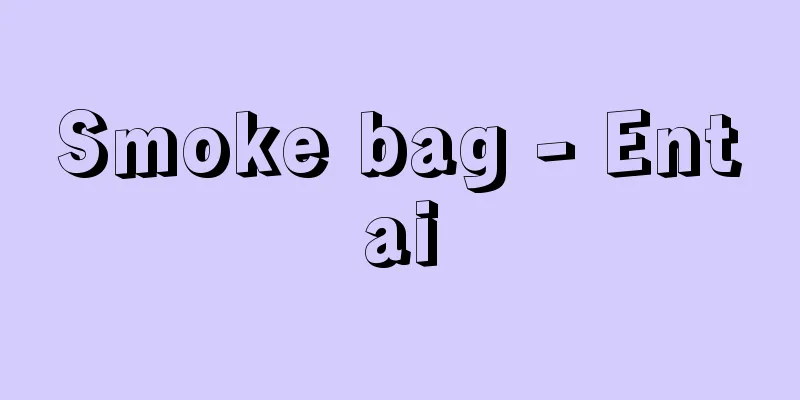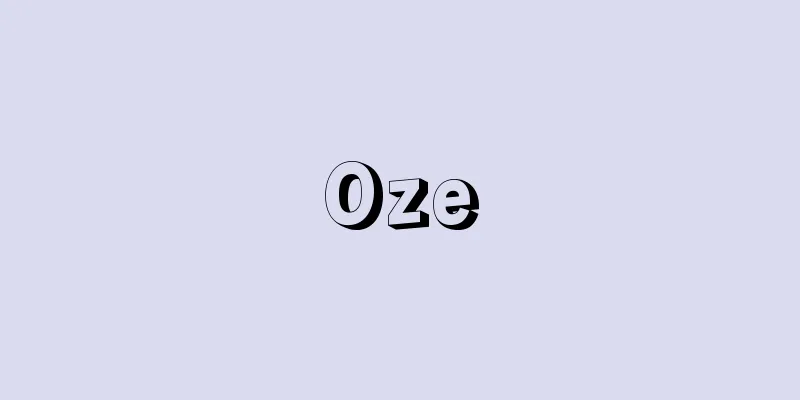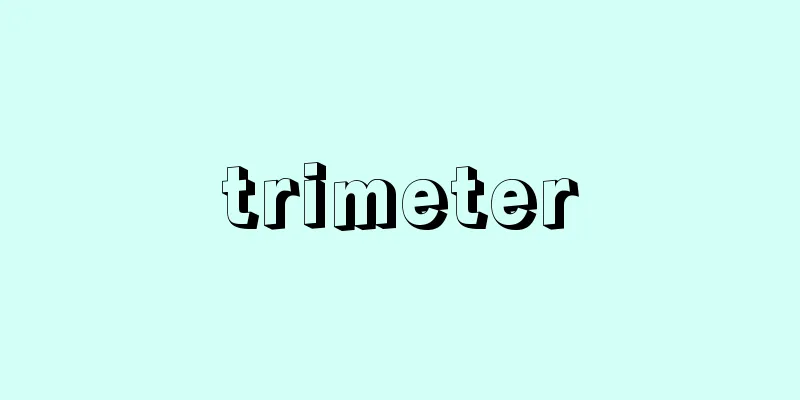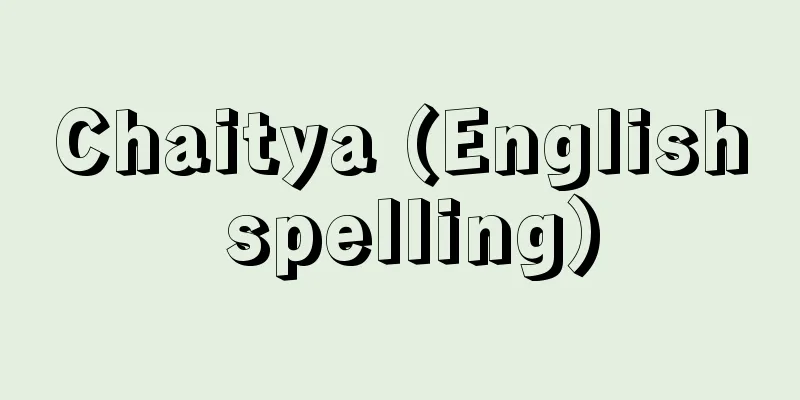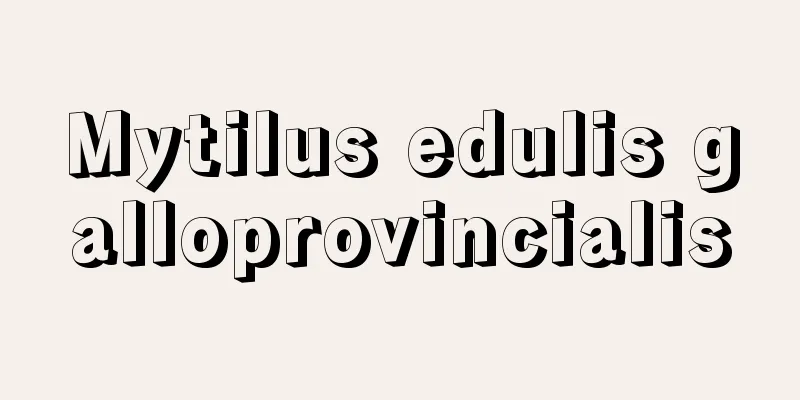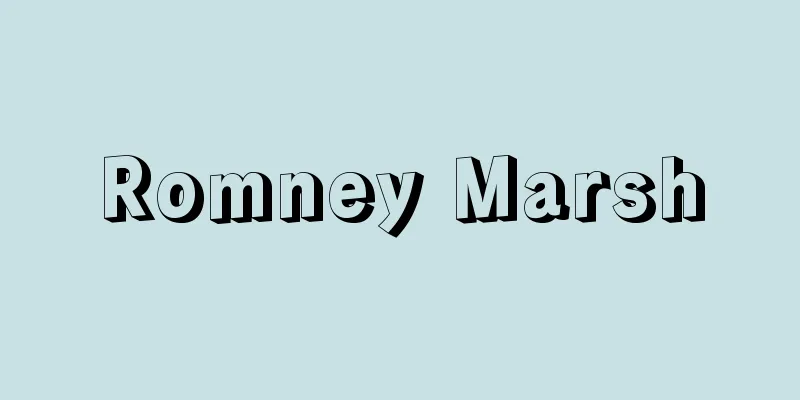Obsessive-compulsive disorder (OCD)
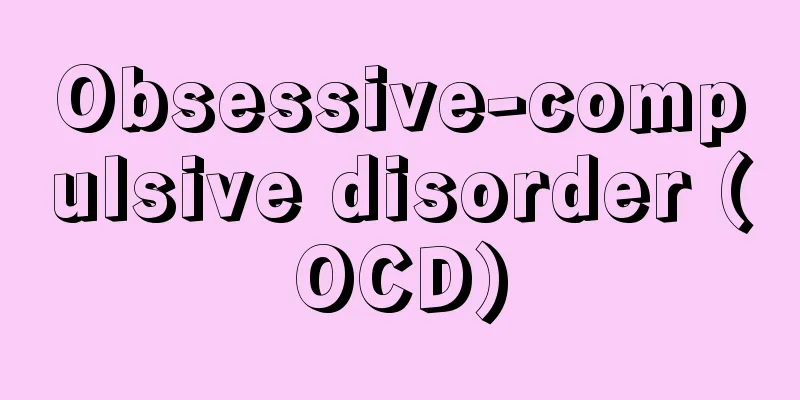
What is the disease? Anxious or unpleasant thoughts come to your mind against your will, and you cannot suppress them no matter how hard you try. I know that these thoughts and actions are stupid, ridiculous, and irrational, but when I try to stop them, my anxiety grows and I can't stop. Because anxiety is the basis of this illness, it is classified as an anxiety disorder and is now called obsessive-compulsive disorder (this is now the official name). What is the cause? Although it is a type of neurosis, it is more likely to be caused by psychological or environmental factors than by the causes of neurosis. Also, originally How symptoms manifestObsessions and compulsions can vary widely. The most common are: Hostility and impulsive thoughts: For example, obsessions about accidentally hurting or killing someone - Obsessions related to uncleanliness and dirt: Obsessions accompanied by fears of being contaminated by feces, urine, germs, etc., and therefore avoidance behaviors such as not getting close to people or touching things, and compulsions to wash hands repeatedly after touching things (washing compulsions) ・ - Suspiciousness: You constantly have doubts about whether what you have done was correct, and you feel uneasy unless you check it over and over again (compulsion to check) ・Calculation habit: I am concerned about the number of things and the number of times I do them, and I can't feel at ease unless I count them And more. There is also a type of patient known as the "involvement type" (meaning involving others) in which the patient is unable to feel reassured by simply checking for themselves and asks for repeated confirmations from others, often their mothers, seeking reassurance; this type is often seen in severely ill patients. The course of obsessive-compulsive disorder is generally chronic, beginning in adolescence and continuing for many years with periods of improvement and worsening. Another characteristic is that more than half of patients suffer from depression, which increases the patient's suffering and requires attention to the risk of suicide. Testing and diagnosis Obsessive symptoms include depression, Drug and gambling Treatment methodsTreatment options include medication and psychotherapy. Medications include SSRIs (selective serotonin reuptake inhibitors: fluvoxamine (Depromel, Luvox, etc.)), clomipramine (Anafranil), benzodiazepine derivatives (clonazepam: Rivotril, bromazepam: Lexotan, etc.), and in severe cases, small amounts of antipsychotics. The effectiveness rate is around 50%. In psychotherapy, What to do if you notice an illnessIf you notice any of these symptoms, you should see a psychiatrist. Since it could be the early stages of depression or schizophrenia, or it could be another illness, a professional diagnosis and examination are required. Family and close friends should understand the patient's symptoms. You may think, "Why would you be so concerned about such trivial things?" but the fact that you are concerned is itself a disease. It is important to note that the patient's suffering is more serious than it appears, and is often accompanied by depression. Related TopicsDepression, schizophrenia Tatsuo Takeuchi Source: Houken “Sixth Edition Family Medicine Encyclopedia” Information about the Sixth Edition Family Medicine Encyclopedia |
どんな病気か 自分の意に反して、不安あるいは不快な考えが浮かんできて、抑えようとしても抑えられない( 自分でもそのような考えや行為は、つまらない、ばかげている、不合理だとわかっているのですが、やめようとすると不安が募ってきて、やめられないのです。不安が基礎になっている病気なので、不安障害に分類され、強迫性障害(現在ではこのほうが正式)と呼ばれます。 原因は何か 神経症の一型ですが、神経症の原因とされる心因(心理的・環境的原因)よりも、 また、もともと 症状の現れ方強迫観念や強迫行為の内容にはさまざまなものがあります。よくみられるのは、 ・敵意や衝動に関するもの:たとえば「誤って他人を傷つけたり殺してしまったりしやしないか」などの強迫観念 ・不潔や汚れに関するもの:「便、尿、ばい菌などで汚染されたのではないか」などの不潔恐怖を伴った強迫観念、そのため人に近づけない、物に触れないなどの回避行動、触ったあとに何度も手を洗う強迫行為(洗浄強迫) ・ ・疑惑癖:自分のしたことが完全だったかどうか、絶えず疑惑が生じてきて何度も確かめないと気がすまない(確認強迫) ・計算癖:物の数や回数が気になって、数えないと気がすまない などです。 自分で確認するだけでは安心できず、他人、多くの場合、母親などに何度も確認させ、保証を求める「巻き込み型」(他人を巻き込むという意味)といわれるタイプもあり、重症の患者さんに多くみられます。 強迫神経症の経過は一般に慢性で、青年期に発症してよくなったり悪くなったりしながら、年余にわたって続くのが普通です。また、半数以上にうつ病が合併してくることも特徴で、そうなると患者さんの苦痛はより大きなものとなり、自殺の危険などへの注意も必要になってきます。 検査と診断 強迫症状はうつ病、 薬物やギャンブルへの 治療の方法治療法には、薬物療法と精神療法があります。 薬物ではSSRI(選択的セロトニン再取り込み阻害薬:フルボキサミン〈デプロメール、ルボックスなど〉)、クロミプラミン(アナフラニール)、ベンゾジアゼピン誘導体(クロナゼパム:リボトリール、ブロマゼパム:レキソタンなど)、症状が重い場合は少量の抗精神病薬も用いられます。有効率は50%前後です。 精神療法では、「 病気に気づいたらどうする症状に気づいたら精神科を受診しましょう。うつ病や統合失調症の初期や、他の病気の可能性もあるので、専門的な診断や検査が必要です。 家族や身近な人は、患者さんの症状を理解してあげてください。「なぜ、そのようなつまらないことを気にするのか」と思うかもしれませんが、気になること自体が病気なのです。本人の苦痛ははたで見るより深刻で、うつ病を伴いやすいことにも注意が必要です。 関連項目うつ病、統合失調症 竹内 龍雄 出典 法研「六訂版 家庭医学大全科」六訂版 家庭医学大全科について 情報 |
Recommend
Ferdinand Brunot
1860‐1938 French grammarian. Born in Saint-Dié in ...
Itayanagi [town] - Itayanagi
A town in the center of the Tsugaru Plain facing t...
butterfly weed
…It is native to tropical America, but has become...
green-stone belt
…In this region, areas mainly composed of metamor...
Business person
A type of human being who acts economically ratio...
Lactobacillus acidophilus
…It is also called Döderlein's bacillus. It i...
Muso
Indonesian revolutionary. Born in Kediri, East Jav...
Jambi
...Population: 301,000 (1990). Formerly known as ...
to apeiron (English spelling)
…The ancients have reported on his philosophy as ...
Kyuryuchu (Kyuryuchu) - Kyuryuchu
Also known as the Chinese mealworm. A type of beet...
Lynx species - Ooyamanekorui
…Other differences include the lack of a full fle...
Narita Tamezo - Narita Tamezo
Composer. Born in Akita Prefecture. In 1914 (Tais...
Ejima Island - Ejima Island
A mid-Edo period ukiyo-zoshi writer. His real nam...
Samegawa [Village] - Samegawa
A village in Higashi Shirakawa District, southeast...
Asago River
Please see the "Maruyama River" page. S...
